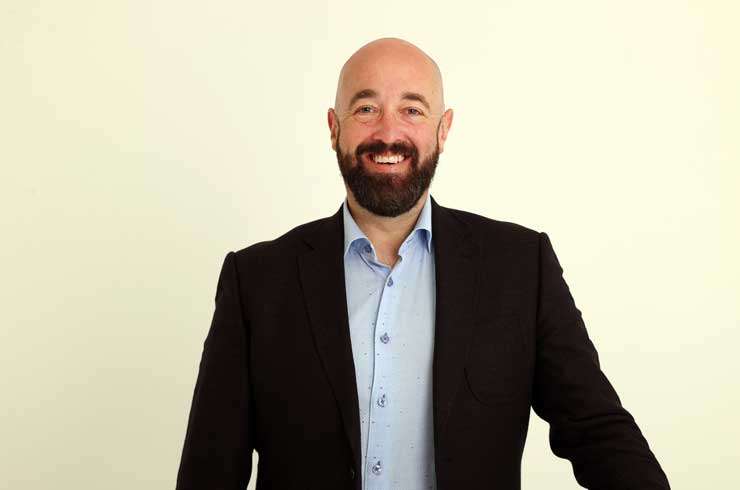ANALYSIS: I’ve always felt the question “can I get a mortgage?” is too binary. It’s a question that seems to have a only “yes” or “no” answer. In a recent survey of 1,000 Kiwis carried out by OneRoof and ConsumerLink, 73% of respondents agreed with the statement that applying and being accepted for a home loan is too hard now. Certain groups within the survey stood out as particularly negative. For example, 79% of non-homeowners stated the process was too hard. It seems that a majority of Kiwis think the answer to the question “can I get a mortgage?” is “probably not, so it’s not worth trying”.
It’s hard to pin this statistic down to one thing given the perfect storm of events happening in the housing market at the moment: high inflation, increasing interest rates, years of increased property prices and, last but least, the CCCFA. But the wording “too hard to apply and be accepted” seems to lean toward the CCCFA being the culprit.
For those who haven’t stood within earshot of any bank employees or property professionals in the past six months, changes to the Credit Contracts and Consumer Finance Act (CCCFA) came into effect on December 1, 2021, although the banks had already been implementing the spirit of the changes from about October 2021.
Amongst other things, the act requires that lenders review the previous three months' expenses of any applicant and use those expenses to test the affordability of a mortgage. The CCCFA is currently being revised, with this requirement likely to be changed given that homeowners change their spending habits when they get a mortgage.
Start your property search
Stories of Kmart purchases torpedoing mortgage applications have, I believe, lead to the 73% of respondents just feeling like it’s all too hard. It seems, anecdotally, that the level of spending required to get a mortgage is not possible to achieve.
A better way to consider the question may be “I want to buy a house, so how much can I currently borrow?”. This avoids the primary fear that a lot of potential homeowners face - a decline. However, a decline only happens when an application is submitted to be assessed by a bank. It is entirely possible to talk to either a bank or mortgage broker and simply run the numbers past them.
Once you know how much you can borrow there are one or two follow-up questions: “Is this enough to get me a house I am comfortable purchasing?” and, if the sum isn’t enough, “What can I change to be able to borrow more?”.
There is, of course, a lot to this topic. Your view on the future of property prices and interest rates versus the future value of owning a home will dictate if you’re comfortable purchasing at the moment. Additionally, the steps required to get the mortgage you want may be difficult; it may involve removing luxury purchases or even changing jobs or cities.

Mortgage Lab founder Rupert Gough says stories of Kmart purchases torpedoing mortgage applications have had an impact. Photo / Fiona Goodall
But the process of just seeing how much you can borrow shouldn’t be “too hard”. Yes, it involves some initial paperwork - mostly proving your income and your expenses - but after that is done, you will know what you currently can achieve and what you could achieve if you made changes.
A tip for those looking to find out how much they can borrow; running your previous three months' expenses through some sort of budgeting spreadsheet or software prior to talking to your financial professional will get you a faster and more exact answer. There are some easy-to-use, free personal finance online websites that are able to work with banks and make the process very easy.
Of the 79% of non-homeowners who think getting a home loan is too hard, I’ll bet there is a significant number who could get one if they made some small changes over the next three months. But if they don’t apply because their view is that everyone is being declined, then they will miss out on getting onto the property ladder.
- Rupert Gough is the founder and CEO of Mortgage Lab and author of The Successful First Home Buyer.













































































